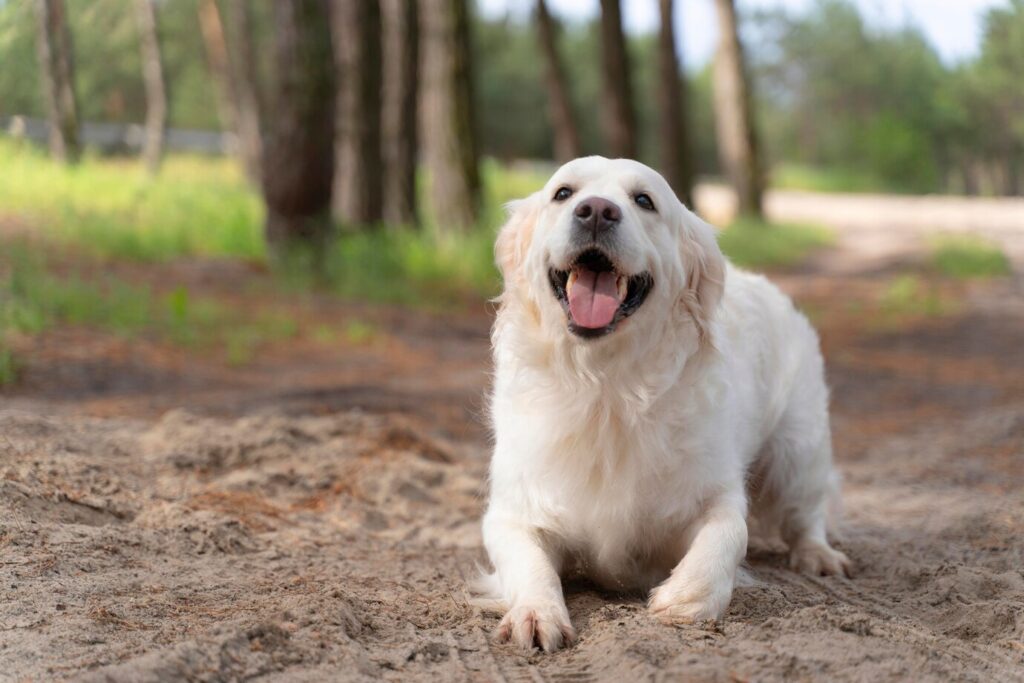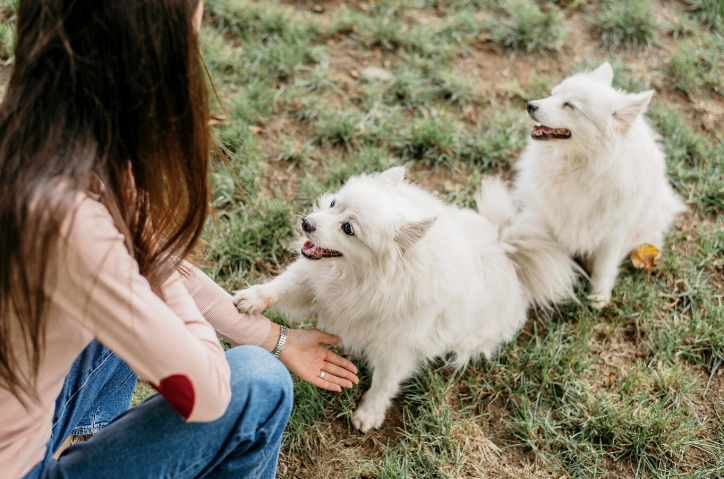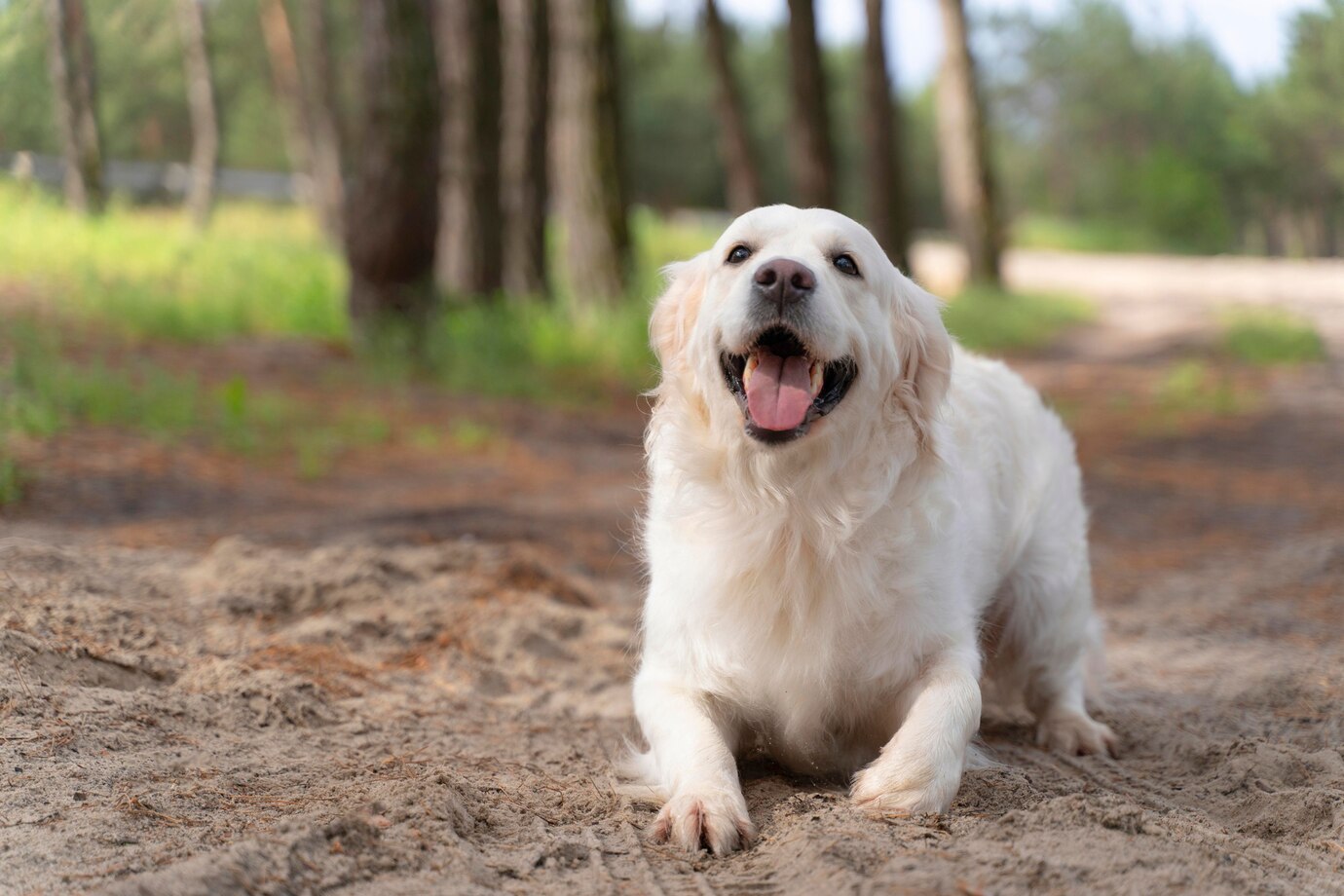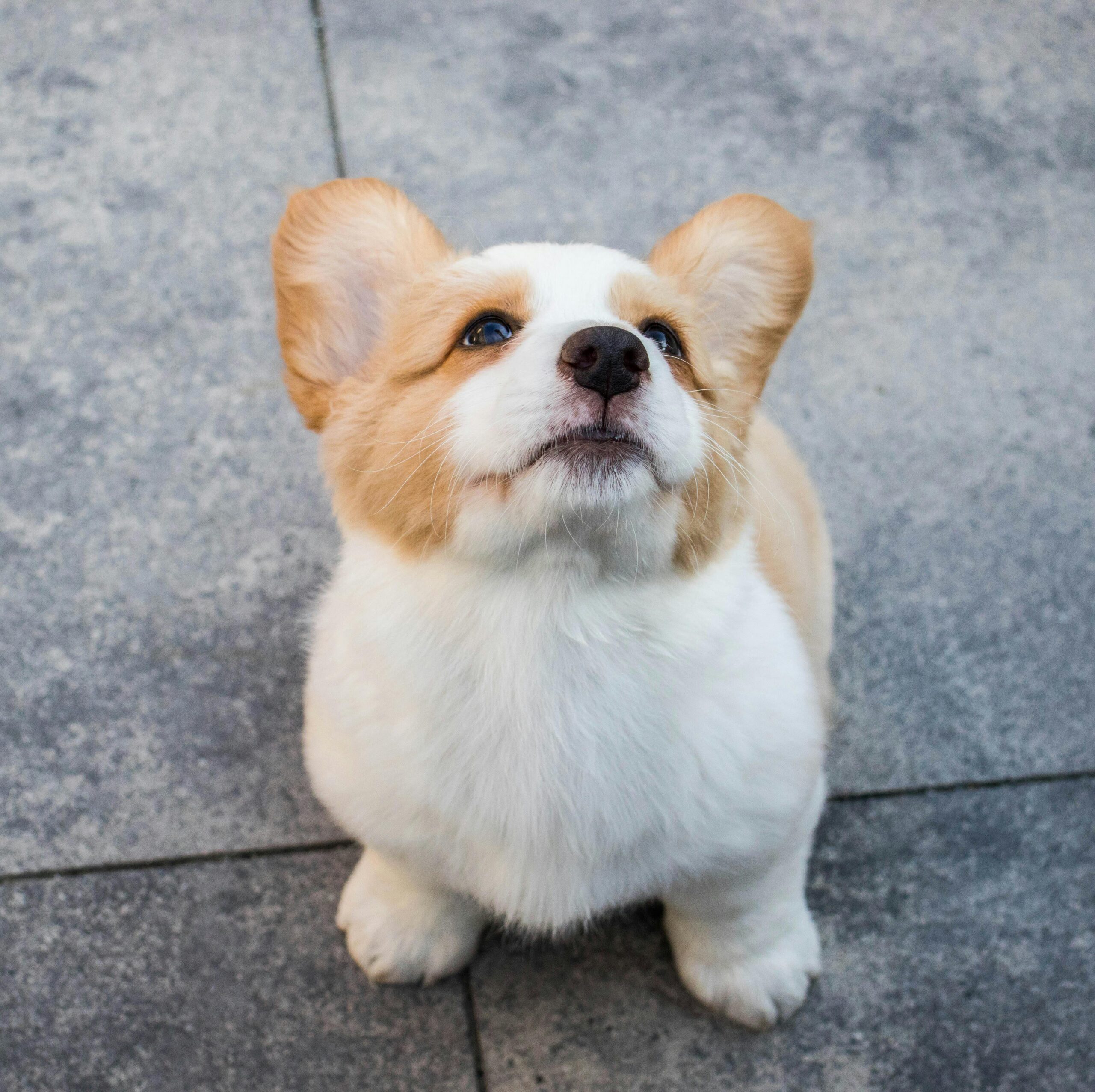Breeding Great Pyrenees can be an incredibly rewarding experience for dog lovers who are passionate about this majestic breed. These gentle giants are not only beautiful but also possess a loyal and protective nature, making them excellent family pets and reliable guardians. In this comprehensive guide, we’ll walk you through everything you need to know about breeding Great Pyrenees, from understanding their history and characteristics to the intricacies of the breeding process, caring for pregnant females, and raising healthy, happy puppies. Whether you’re a seasoned breeder or a newcomer, this article will provide valuable insights and practical advice to help you breed Great Pyrenees responsibly and successfully.

Table of Contents
Introduction
What Are Great Pyrenees?
The Great Pyrenees, often referred to as Pyrenean Mountain Dogs, are a majestic breed known for their striking white coats and gentle, yet protective nature. Originating from the Pyrenees mountains between France and Spain, these dogs were historically used as livestock guardians.
Why Breeding Great Pyrenees?
Breeding Great Pyrenees is more than just a hobby; it’s a commitment to preserving the lineage of a noble breed. These dogs are not only beautiful but also loyal, intelligent, and excellent protectors. Breeding them responsibly ensures that their positive traits are passed down, maintaining the breed’s integrity and contributing to the overall canine gene pool.
Understanding the Great Pyrenees
History and Origin
The Great Pyrenees have a rich history dating back thousands of years. They were primarily used by shepherds to guard flocks in the rugged terrain of the Pyrenees mountains. Their ability to protect livestock from predators like wolves and bears made them invaluable.
Characteristics and Temperament
Great Pyrenees are known for their calm and patient demeanor. They are excellent with children and can be quite protective of their family. Despite their large size, they are gentle giants, often described as serene and dignified.
Health Considerations
Like all breeds, Great Pyrenees have specific health issues to watch for, including hip dysplasia, elbow dysplasia, and certain heart conditions. Regular health screenings and maintaining a healthy lifestyle are essential to ensure they live long, happy lives.
Preparation for Breeding Great Pyrenees
Selecting Breeding Pairs
Choosing the right breeding pairs is crucial. Look for dogs that exemplify the best traits of the breed – good temperament, physical health, and conformation to breed standards. It’s important to avoid inbreeding to maintain genetic diversity.
Health Testing and Certifications
Before breeding, both the male and female should undergo comprehensive health testing. This includes screenings for common genetic disorders and obtaining certifications from organizations like the Orthopedic Foundation for Animals (OFA).
Creating the Ideal Environment
A comfortable, safe, and stress-free environment is essential for breeding. Ensure that the dogs have plenty of space to move around, access to clean water, and a nutritious diet. The area should be free from potential hazards and disturbances.
Process Of Breeding Great Pyrenees
Understanding the Heat Cycle
Female Great Pyrenees typically go into heat twice a year. Understanding the signs of heat, such as increased urination, swelling of the vulva, and behavioral changes, is important for timing the breeding process.
Mating and Conception
Once the female is in heat, monitor her closely to determine the optimal time for mating. It’s often best to introduce the male during the peak fertility period, usually between the 10th and 14th day of her cycle. Supervised mating can ensure a successful and safe process.
Confirming Pregnancy
Pregnancy can be confirmed through a veterinary exam or ultrasound around 25-30 days after mating. The vet will check for fetal heartbeats and estimate the number of puppies.
Caring for the Pregnant Female
Nutrition and Diet
A pregnant Great Pyrenees requires a diet rich in nutrients to support her and her developing puppies. High-quality dog food, possibly supplemented with additional vitamins and minerals, ensures she stays healthy throughout her pregnancy.
Exercise and Activity Levels
While exercise is important, avoid strenuous activities. Gentle walks and light playtime are sufficient to keep her fit without causing undue stress.
Veterinary Check-Ups
Regular vet visits are crucial to monitor the health of the pregnant female and her puppies. The vet can provide guidance on any special care needed during this period.
Whelping and Birth
Signs of Labor
As the due date approaches, watch for signs of labor such as restlessness, nesting behavior, and a drop in body temperature. These indicate that birth is imminent.
Assisting with Delivery
During delivery, provide a quiet, comfortable space for the female. Most Great Pyrenees can give birth without assistance, but be prepared to step in if necessary. Have supplies like clean towels and sterile scissors on hand.
Post-Birth Care for Puppies and Mother
After birth, ensure the puppies are nursing properly and keep the area clean and warm. The mother will need plenty of food and water to recover and produce milk for her pups.
Raising the Puppies

Initial Health Check
Shortly after birth, each puppy should undergo a health check to ensure there are no immediate health concerns. This includes checking for congenital defects and overall vitality.
Vaccination and Deworming
Follow a strict vaccination and deworming schedule as recommended by your vet. This protects the puppies from common diseases and parasites.
Socialization and Training
Early socialization is key to developing well-adjusted dogs. Expose the puppies to different people, sounds, and environments to build their confidence. Basic training should also begin early to instill good behavior.
Finding Homes for Puppies
Screening Potential Owners
It’s essential to find responsible and loving homes for the puppies. Screen potential owners to ensure they understand the commitment involved in raising a Great Pyrenees.
Preparing Puppies for New Homes
Before sending puppies to their new homes, provide them with basic training, health checks, and all necessary vaccinations. Supply new owners with information on caring for their new pet.
Transition to New Homes
Help the puppies transition smoothly to their new homes by providing the new owners with a puppy care package, including their favorite toys, a sample of their food, and a blanket with the mother’s scent.
Common Challenges in Breeding
Health Issues and Complications
Breeding can come with challenges, including potential health issues in both the mother and puppies. Regular vet check-ups and being prepared for emergencies can mitigate some of these risks.
Behavioral Problems
Puppies may develop behavioral problems if not properly socialized and trained. Early intervention and consistent training are key to preventing these issues.
Ethical Considerations
Breeding responsibly means prioritizing the health and well-being of the dogs over profit. Avoid practices like overbreeding and ensure that all dogs are treated humanely.
Conclusion Of Breeding Great Pyrenees:
The Joys of Breeding Great Pyrenees
Breeding Great Pyrenees can be a rewarding experience, filled with the joy of watching new life come into the world and knowing you’re contributing to the preservation of a wonderful breed.
Final Thoughts and Considerations
While breeding requires significant time, effort, and resources, the rewards are immeasurable. By breeding responsibly, you ensure that these majestic dogs continue to grace the lives of future generations.
FAQs About Breeding Great Pyrenees:
How often can you Breeding Great Pyrenees?
It’s recommended to breed a Great Pyrenees no more than once a year to ensure the health and well-being of the mother.
What is the average litter size for Great Pyrenees?
The average litter size for Great Pyrenees ranges from 6 to 12 puppies.
How long is the gestation period for a Great Pyrenees?
The gestation period for a Great Pyrenees is approximately 63 days.
What should I feed a pregnant Great Pyrenees?
Feed a pregnant Great Pyrenees high-quality dog food with a focus on increased protein and essential nutrients. Consult your vet for specific dietary recommendations.
Are Great Pyrenees good family pets?
Yes, Great Pyrenees are known for their gentle and protective nature, making them excellent family pets, especially in households with children.
If you found our content ‘Breading Great Pyrenees” helpful don’t forget to share it on your social media: Twitter










